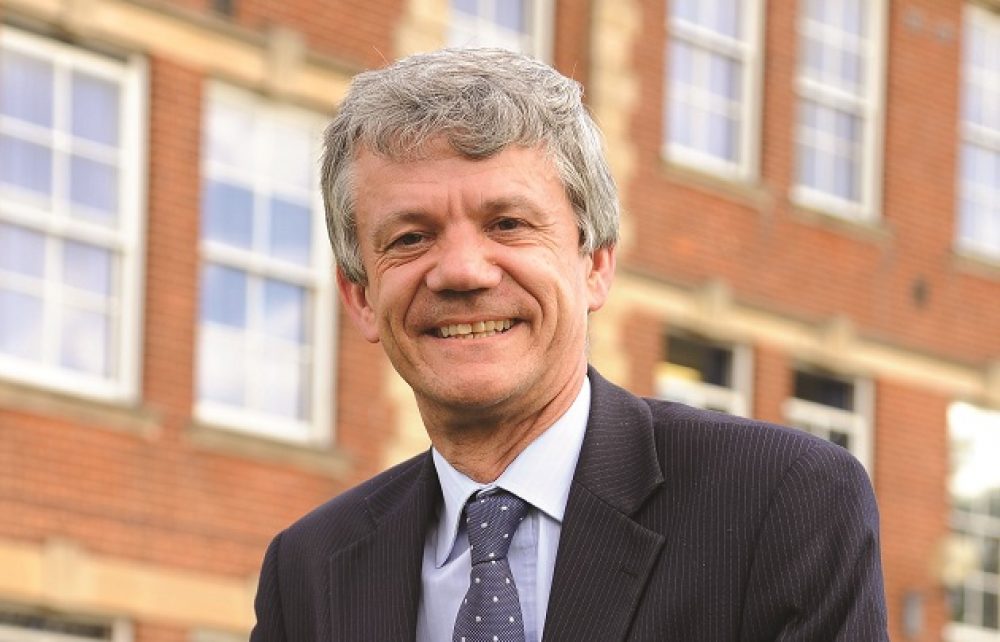A regional schools commissioner who temporarily stepped in to preside over another area has agreed 21 academy conversions and approved the opening of a new sixth form at a meeting attended by just two other advisors.
In April, Tim Coulson, the commissioner for north-east London and the east of England, chaired a headteacher board meeting in the east Midlands and Humber region after the area’s original commissioner had stepped down.
Headteacher boards advise commissioners on school changes. Ordinarily, they have four elected members and up to four additionally appointed members.
But minutes published last week on the education department website reveal the April meeting was only attended by Coulson and two other members: Geoff Lloyd, the former headteacher of Tuxford Academy, and Andrew Burns, the headteacher of Redhill Academy.
Lloyd was the only elected member present as the trio approved academy sponsorships of 21 schools – including two forced conversions and four free schools.
The decision to approve a sixth form at Stamford Welland Academy in Lincolnshire may prove particularly controversial.
Government rules stipulate sixth forms can only open in schools where more than 200 students are likely attend. Stamford Welland only has 350 pupils across its five secondary year groups.
Coulson was pulled up over a decision in his own patch that appeared to flout this rule, after approving a sixth form at Abbs Cross Academy and Arts College, in Hornchurch, Essex.
The ruling was taken to judicial review but it was cancelled last minute after the education department announced that the application had been withdrawn.
But a statement from Stamford Welland stated the academy is “committed to working with local partners to realise a complementary and comprehensive educational offer for Stamford”.
That includes the New College Stamford, which will also have representatives on the new sixth form’s board.
“Any developments in additional provision at Stamford Welland Academy will be in concert and agreement with New College Stamford and with support from another trust academy to ensure viability and sustainability of courses.
“We hope that such inclusive and innovative arrangements model future direction in navigating the complex educational landscape, dealing with diminishing resources and meeting local need and demand.”








Your thoughts